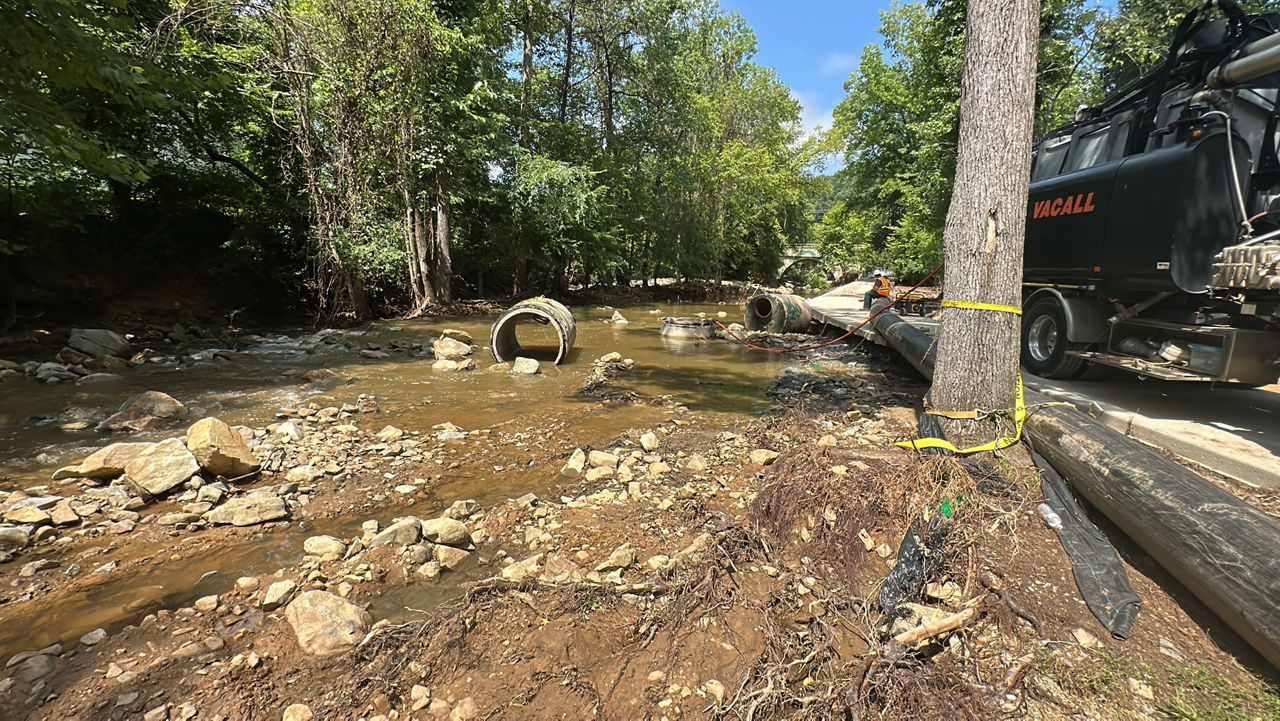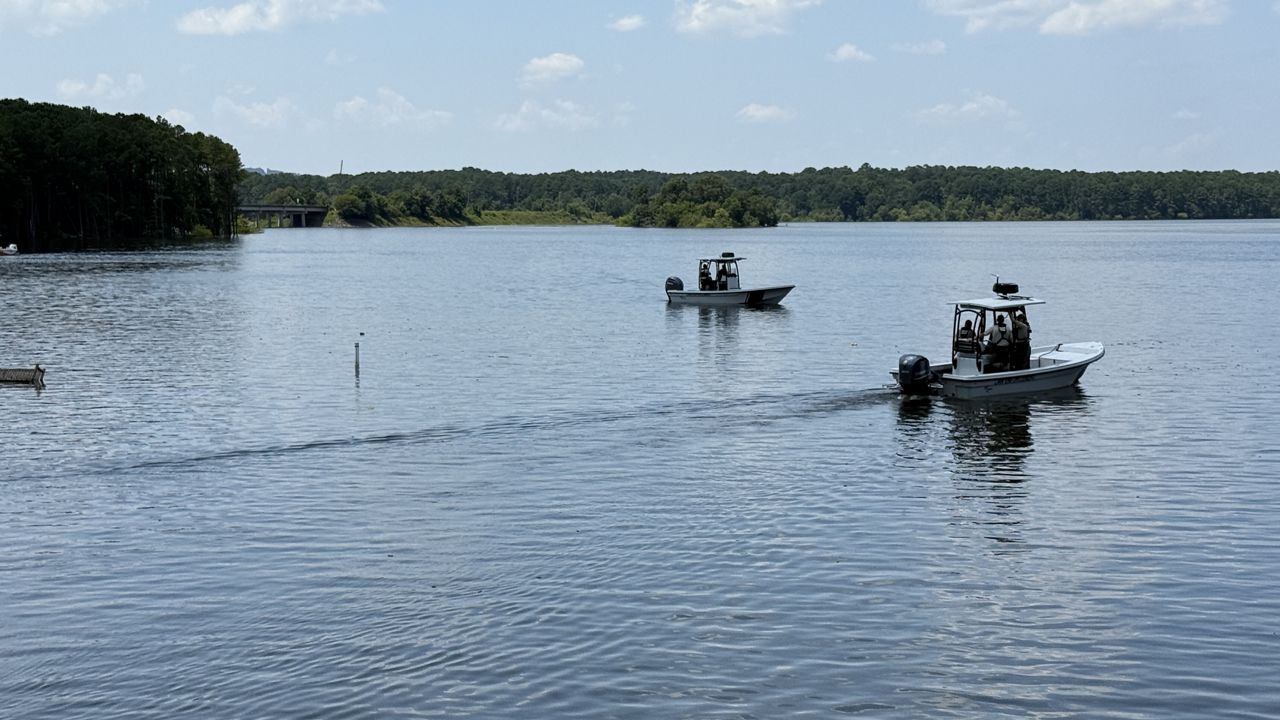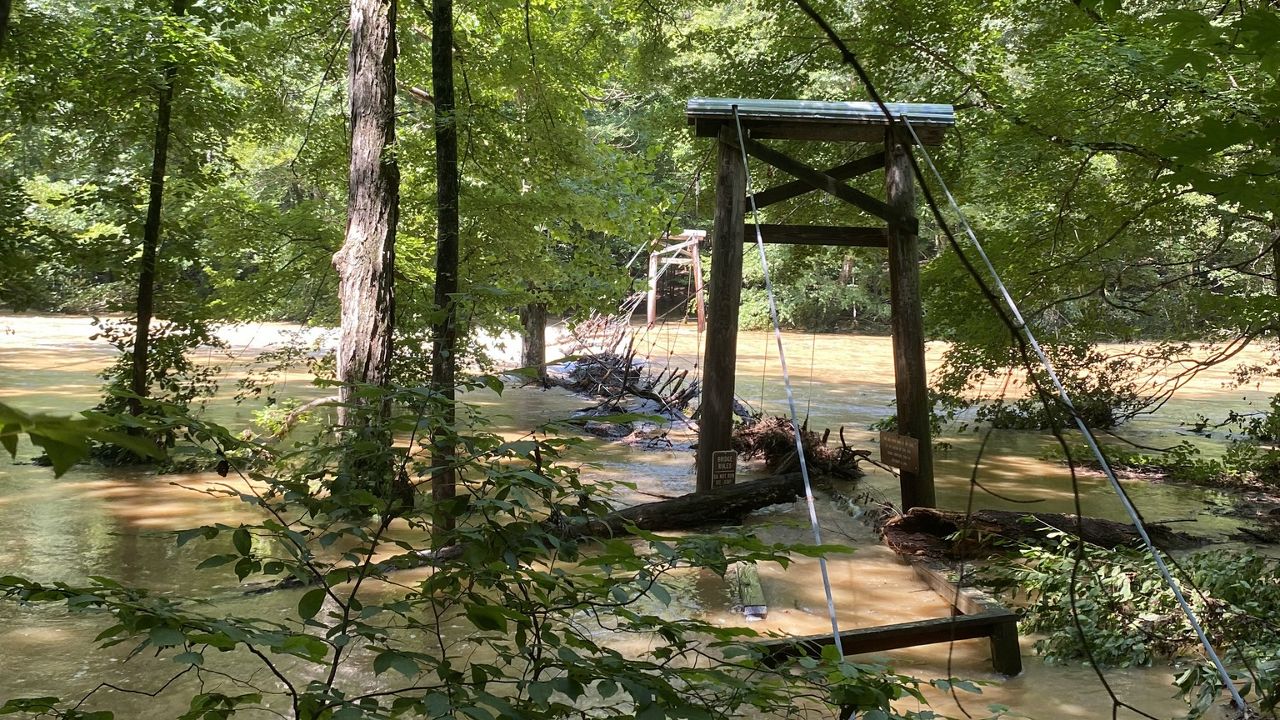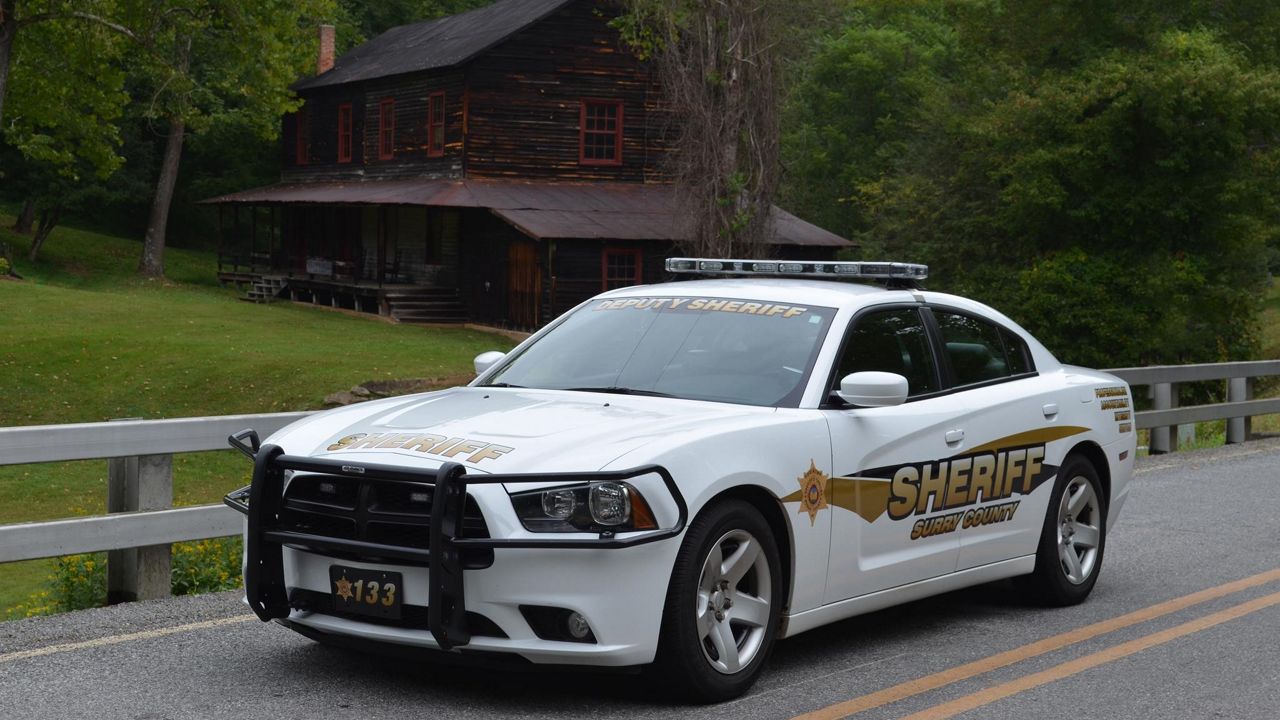RALEIGH, N.C. — Election season can be a time when scammers try to use surveys and fake polls to try to get your private information.
Nicole Cordero with the Better Business Bureau says scammers may mimic campaign emails.
“You might receive a poll, survey or donation request that appeals to your passion, beliefs and desire to take action. There's a link to click on that survey or a big donation button. However, that link could really be an attempt to steal your personal information,” Cordero said.
Cordero says before you donate or give personal information, research the organization that reached out, and be wary of people who try to rush you to make a decision.
“Be especially careful of emails with links. Phishing emails might include a link that takes users to a spoofed version of a candidate's website or installs malware on your device. Use the BBB's tips for spotting an email scam to be sure it's real,” she said.
Cordero says it's common for candidates to use recorded messages to reach out to the public. Scammers sometimes use voice cloning to make it sound like an authentic message from a candidate and persuade people to donate or share information.
“After hearing the message, people are redirected or transferred to someone ready to take down their information and use it for nefarious activities,” she said.
The BBB also recommends that you:
- Check links, and don't click a link in an email or text unless you trust where it is going
- Think of prizes as a red flag, because legitimate pollsters don't usually offer them for completing a survey
- Know that pollsters don't need information like birth dates, Social Security numbers or financial information. No state offers voter registration by phone
- Don't answer unknown numbers
- Listen to your gut, but if in doubt, check with your local election office
- Don't provide information in response to an unsolicited message. Organizations that need this information already have it
- Report suspicious activities to the BBB's Scam Tracker












